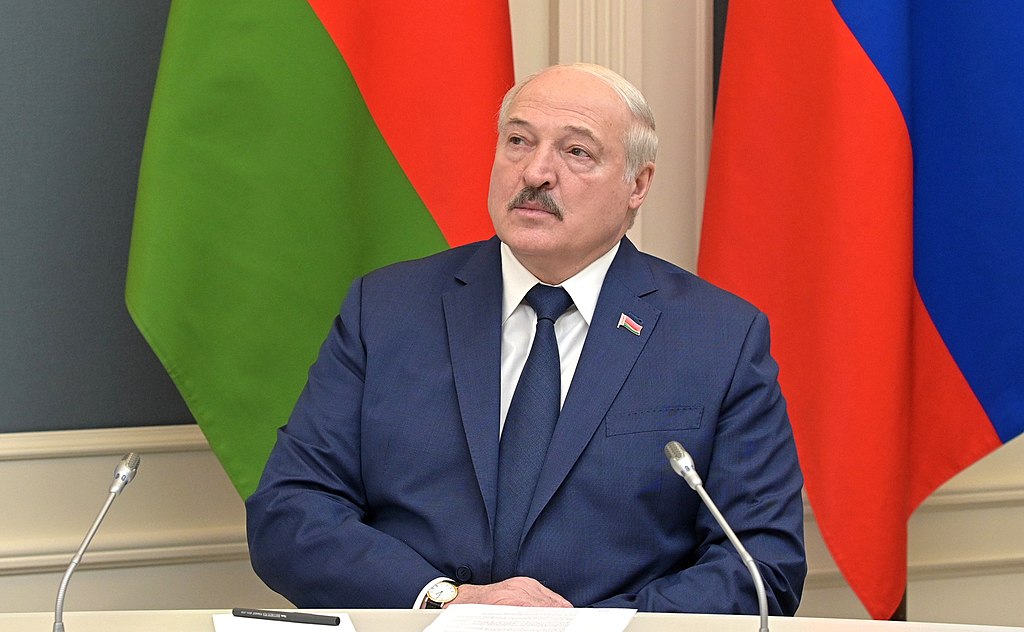Belarus is set for a presidential election on Sunday, with five candidates on the ballot but no real contest. Alexander Lukashenko, in power since 1994, is expected to secure another five-year term, a result the exiled opposition labels a sham. Opposition leaders are urging citizens to reject all candidates in protest.
Lukashenko, 70, has avoided campaigning, claiming his leadership leaves no time for electioneering. His decades-long grip on power has weathered mass protests, international condemnation, and allegations of election fraud, notably in 2020 when Sviatlana Tsikhanouskaya claimed victory was stolen. Security forces suppressed dissent, jailing opposition leaders and detaining thousands of protesters.
With independent media banned and around 1,250 political prisoners, according to rights group Viasna, opposition voices struggle to resonate. Survival, not politics, dominates public priorities, says Ivan Kravtsov, an exiled opposition council secretary. Critics argue the four alternative candidates lack genuine competition against Lukashenko.
Lukashenko’s balancing act between Russia and the West adds complexity. He allowed Russian forces to use Belarus for the 2022 Ukraine invasion, resulting in Western sanctions. While aligned with Vladimir Putin, Lukashenko seeks to ease repression and court Western favor, possibly aiming for sanctions relief if the Ukraine war ends.
Recent prisoner releases, labeled as humanitarian pardons, hint at attempts to thaw relations. However, opposition leader Tsikhanouskaya calls these moves a calculated ploy to gain leverage with the West. Despite these gestures, arrests persist, and full democratic reform remains elusive.
As Lukashenko enters his seventh term, his maneuvering between Russia and the West will define Belarus's geopolitical trajectory. The outcome of peace talks on Ukraine could open a window for Lukashenko to recalibrate Belarus's position on the world stage.



 Japan Election 2026: Sanae Takaichi Poised for Landslide Win Despite Record Snowfall
Japan Election 2026: Sanae Takaichi Poised for Landslide Win Despite Record Snowfall  Missouri Judge Dismisses Lawsuit Challenging Starbucks’ Diversity and Inclusion Policies
Missouri Judge Dismisses Lawsuit Challenging Starbucks’ Diversity and Inclusion Policies  Ohio Man Indicted for Alleged Threat Against Vice President JD Vance, Faces Additional Federal Charges
Ohio Man Indicted for Alleged Threat Against Vice President JD Vance, Faces Additional Federal Charges  Federal Judge Restores Funding for Gateway Rail Tunnel Project
Federal Judge Restores Funding for Gateway Rail Tunnel Project  US Pushes Ukraine-Russia Peace Talks Before Summer Amid Escalating Attacks
US Pushes Ukraine-Russia Peace Talks Before Summer Amid Escalating Attacks  Jack Lang Resigns as Head of Arab World Institute Amid Epstein Controversy
Jack Lang Resigns as Head of Arab World Institute Amid Epstein Controversy  U.S. to Begin Paying UN Dues as Financial Crisis Spurs Push for Reforms
U.S. to Begin Paying UN Dues as Financial Crisis Spurs Push for Reforms  Trump Signs “America First Arms Transfer Strategy” to Prioritize U.S. Weapons Sales
Trump Signs “America First Arms Transfer Strategy” to Prioritize U.S. Weapons Sales  Nighttime Shelling Causes Serious Damage in Russia’s Belgorod Region Near Ukraine Border
Nighttime Shelling Causes Serious Damage in Russia’s Belgorod Region Near Ukraine Border  TrumpRx.gov Highlights GLP-1 Drug Discounts but Offers Limited Savings for Most Americans
TrumpRx.gov Highlights GLP-1 Drug Discounts but Offers Limited Savings for Most Americans  China Warns US Arms Sales to Taiwan Could Disrupt Trump’s Planned Visit
China Warns US Arms Sales to Taiwan Could Disrupt Trump’s Planned Visit  Trump Lifts 25% Tariff on Indian Goods in Strategic U.S.–India Trade and Energy Deal
Trump Lifts 25% Tariff on Indian Goods in Strategic U.S.–India Trade and Energy Deal  U.S. Announces Additional $6 Million in Humanitarian Aid to Cuba Amid Oil Sanctions and Fuel Shortages
U.S. Announces Additional $6 Million in Humanitarian Aid to Cuba Amid Oil Sanctions and Fuel Shortages  Trump Says “Very Good Talks” Underway on Russia-Ukraine War as Peace Efforts Continue
Trump Says “Very Good Talks” Underway on Russia-Ukraine War as Peace Efforts Continue  Netanyahu to Meet Trump in Washington as Iran Nuclear Talks Intensify
Netanyahu to Meet Trump in Washington as Iran Nuclear Talks Intensify  Norway Opens Corruption Probe Into Former PM and Nobel Committee Chair Thorbjoern Jagland Over Epstein Links
Norway Opens Corruption Probe Into Former PM and Nobel Committee Chair Thorbjoern Jagland Over Epstein Links  Trump Allows Commercial Fishing in Protected New England Waters
Trump Allows Commercial Fishing in Protected New England Waters 































